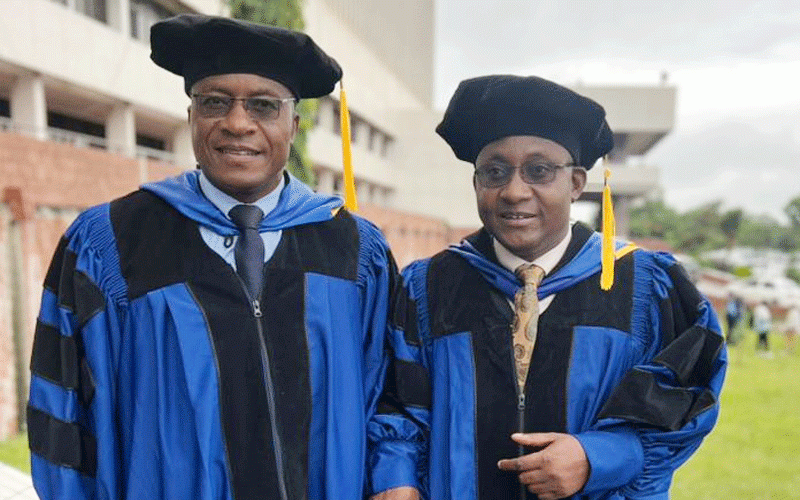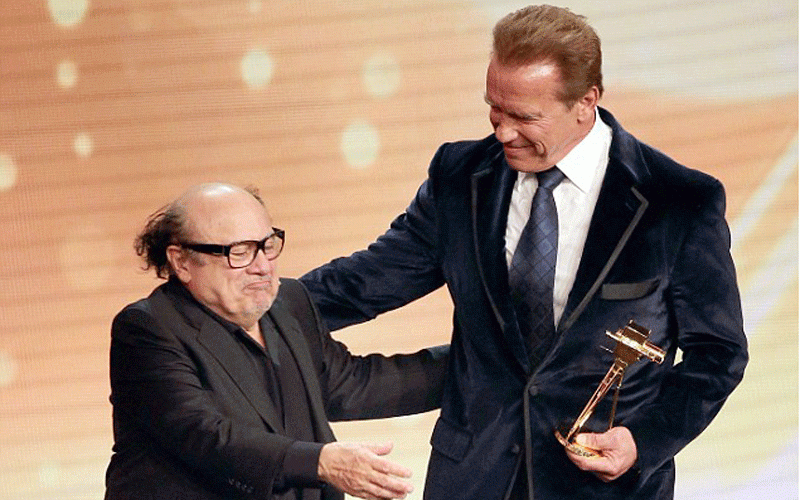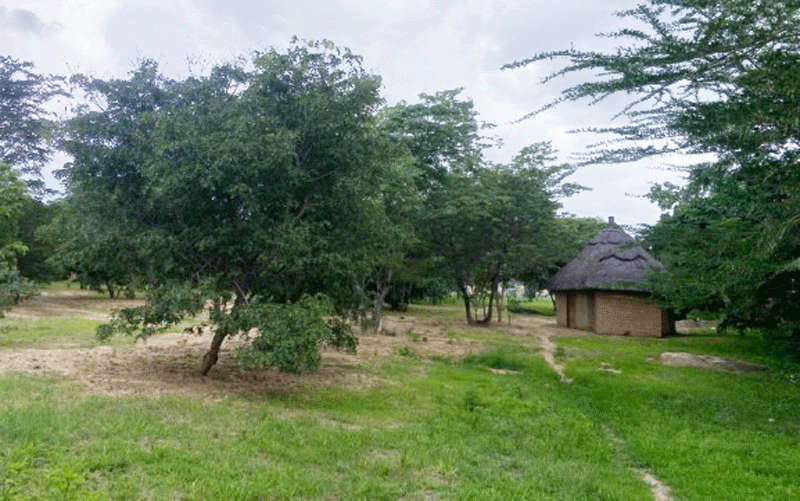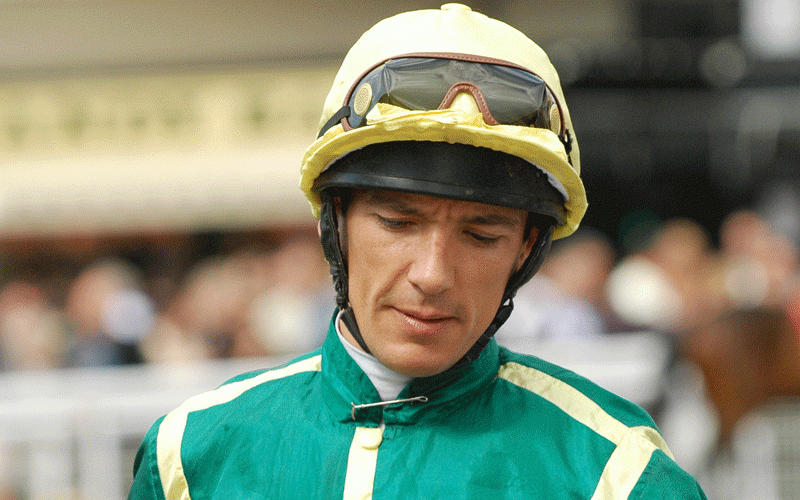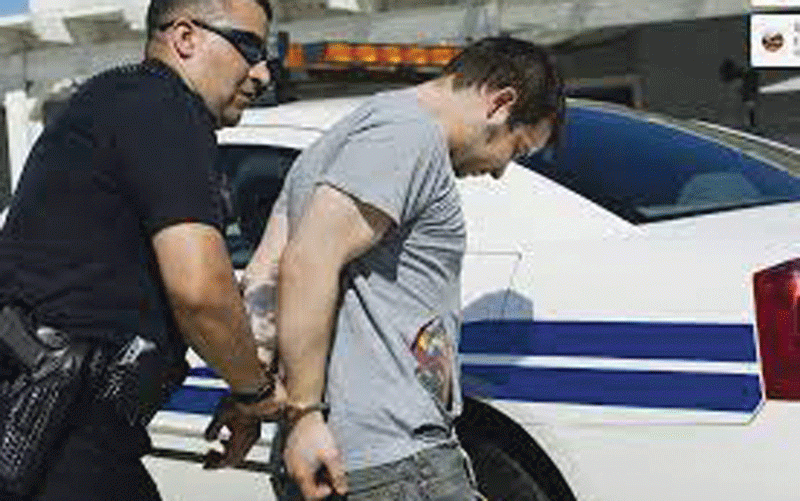
One of the most popular genres in books, films or television programmes is crime fiction, following detectives unravelling the mystery of who has been responsible for certain criminal acts.
We all tend to fancy ourselves as amateur sleuths!
As a result (and not hopefully through personal experience!), we may well be familiar with the process that is required in arresting a person and addressing that person in court, all of which is centred on people’s rights and their responsibilities.
Our very own Constitution here in Zimbabwe states that, under Section 50, any person arrested has the right to remain silent; in Section 69 it is decreed that any such person has the right to a fair hearing while Section 61 underscores the freedom of expression that is the right of all.
When it comes to the arrest, people have the right to remain silent yet when that person comes to court, he has the responsibility to speak – more specifically, he has the responsibility to speak the truth, the whole truth and nothing but the truth.
We may not be aware of it but we are all indebted to Ernesto Arturo Miranda for the fact that we have the right to remain silent (at the time of arrest though not at the time of the trial), as he had his conviction overturned because he had made a confession without being aware that he need not have done so.
That might seem a little absurd on the surface as we would like to believe that if someone has done something wrong, he would have the integrity to admit it.
In addition, it might be logical to conclude that if we choose not to say anything it is because we have something to hide, because we are guilty.
- Unpacking environmental laws for real estate in Zimbabwe
- Village Rhapsody: Govt must ensure that devolution works
- Unpacking environmental laws for real estate in Zimbabwe
- Gukurahundi public hearings: A breakthrough or a political gimmick?
Keep Reading
We now have the Miranda warning as a result of that case - “You have the right to remain silent.
“Anything you say can and will be used against you in a court of law.
“You have the right to speak to an attorney, and to have an attorney present during any questioning.
“If you cannot afford a lawyer, one will be provided for you at government expense.”
Interestingly, in a retrial, when his confession was removed from the evidence, Miranda was still found guilty – say no more!
Of course, the argument is that the accused is not being tried at the time of arrest and anyway, he is more than likely not able to think clearly off the top of his head, the arresting officers are not likely to listen and people do not have to justify their actions all the time.
It is also felt that the accused person may not remember exactly what he said several months previously at the time of arrest so the prosecutors may try to twist what was said later to confuse the defendant.
The point about the importance (and right) of being silent underlines the fact that there is a time to be silent, to listen, rather than to speak; the word ‘silent’ is after all an anagram of the word ‘listen’.
However, just as an accused person has the right to remain silent, when it comes to the trial, he has the responsibility to speak; indeed, he has the responsibility to tell the truth, the whole truth and nothing but the truth.
We do want, after all, the freedom of speech, of expression, so we should use it.
As many security companies declare, “If you see something, say something”.
When we do speak, we need to ensure that what we say is what we think, in remembering what the well-known acronym THINK stands for: Is what I say True? Is it Helpful? Is it Inspiring? Is it Necessary? Is it Kind? There is a time to speak. Speaking out and speaking up are important and necessary for us to do. We have a responsibility to do so. When we see wrong being done, we must speak.
Someone has said that “In the US, people have the right to remain silent but few folk have the ability.”
Be that as it may, we have rights but we also have responsibilities; we have the right to stay silent (at the time of arrest) but we have the responsibility to speak (at the trial).
There is indeed a time to be silent and there is a time to speak, with the recognition that the silence comes first. In one of the apostle Paul’s letters, he declared that we should “Be quick to listen, slow to speak and slow to anger”.
It is no coincidence that the order is the same: silent first, then speak. These are lessons we surely need to instil in our children.
For many years, certain parts of society went by the mantra that children should be seen and not heard; they may now choose not to speak but they must also learn when not to be silent.
And this writer’s time to be silent is now.
- Tim Middleton is the executive director of the Association of Trust Schools [ATS]. The views expressed in this article, however, are solely those of the author in his private capacity and do not necessarily represent the views of the ATS.
- email: ceo@atschisz.co.zw
- website: www.atschisz

